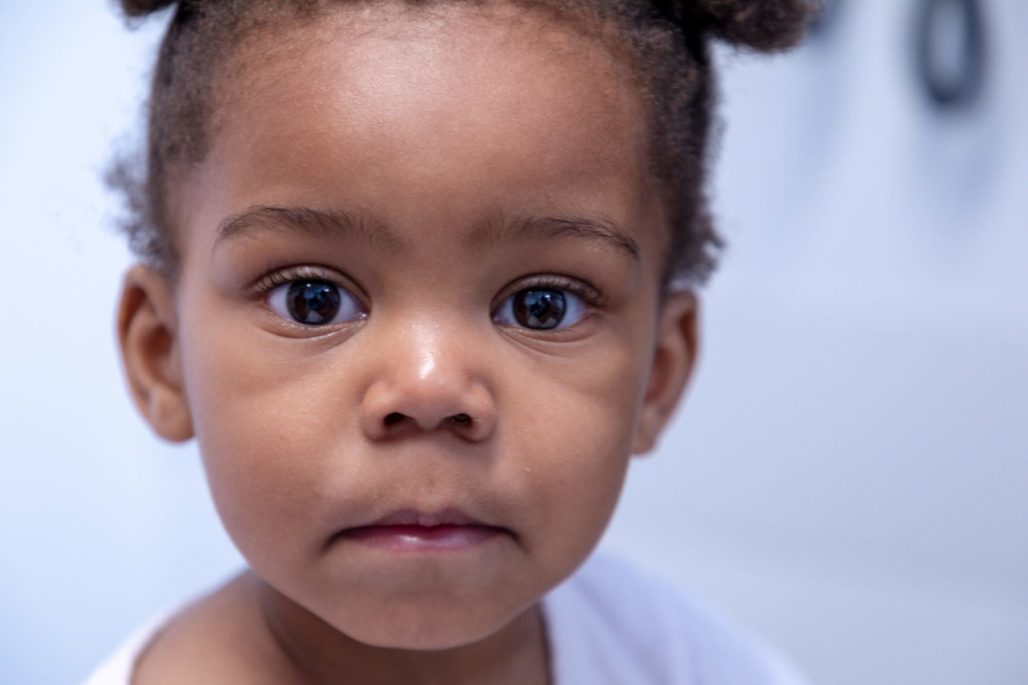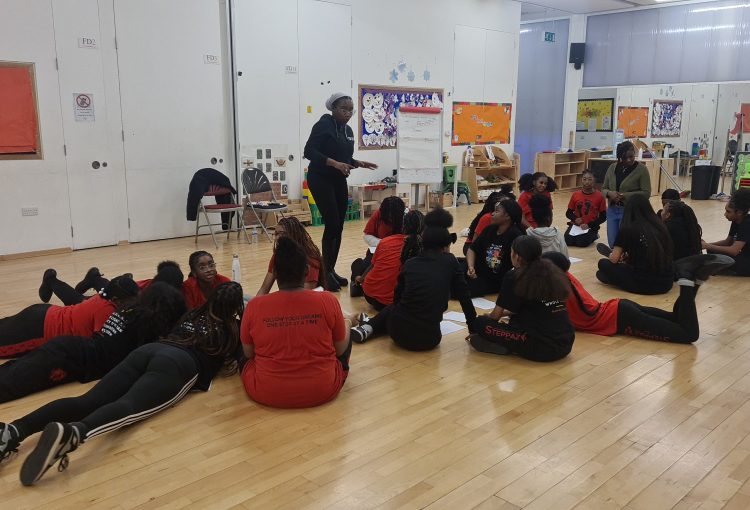As society continues to evolve, so do the challenges faced by the younger generation. With this in mind, it becomes increasingly important to explore the significance of self-care for young people. In this article, we delve into the topic, shedding light on the various dimensions of self-care and how it positively impacts the overall well-being of young individuals.
Understanding Self-Care
Self-care encompasses a wide range of practices and activities that promote physical, mental, and emotional well-being. It involves prioritizing oneself and engaging in activities that nurture and replenish personal resources. For young people, self-care plays a vital role in building resilience, enhancing self-esteem, and developing healthy coping mechanisms.
The Importance of Self-Care for Young People
-
Mental Health and Emotional Well-being
In today’s high-pressure world, young people often face stress, anxiety, and other mental health challenges. Engaging in self-care activities allows them to unwind, relax, and recharge. It provides a valuable opportunity to reflect, process emotions, and develop resilience. By prioritizing self-care, young individuals can better manage their mental health and promote emotional well-being.
-
Physical Health and Wellness
Self-care encompasses not only the mind but also the body. Encouraging young people to adopt healthy lifestyle habits, such as regular exercise, balanced nutrition, and sufficient sleep, can significantly contribute to their overall physical health and wellness. Taking care of their bodies equips young individuals with the energy and vitality needed to face daily challenges.
-
Building Healthy Relationships
Self-care extends beyond personal practices; it also includes nurturing healthy relationships. By allocating time for social interactions, young people can strengthen their support networks, foster meaningful connections, and develop essential interpersonal skills. Healthy relationships provide a sense of belonging, support, and encouragement, which are vital for overall well-being.
-
Academic Success
Effective self-care can positively impact academic performance. When young individuals prioritize self-care, they enhance their ability to concentrate, retain information, and manage stress related to educational demands. Engaging in self-care practices allows for a balanced approach to academics, ensuring optimal cognitive functioning and overall academic success.
-
Self-Discovery and Personal Growth
Self-care serves as a pathway for self-discovery and personal growth. By engaging in activities that align with their interests and passions, young people can develop a deeper understanding of themselves and their aspirations. This exploration cultivates a sense of purpose and identity, leading to increased confidence and motivation.
Implementing Self-Care Strategies
Now that we’ve established the importance of self-care for young people, let’s explore some practical strategies to incorporate into their daily lives:
-
Time Management: Encourage young individuals to allocate dedicated time for self-care activities, ensuring they prioritize their well-being amidst their busy schedules.
-
Mindfulness and Meditation: Promote mindfulness practices that help young people focus on the present moment, reduce stress, and improve overall mental well-being.
-
Physical Activity: Encourage regular exercise, whether it’s through sports, yoga, or simply going for a walk. Physical activity enhances both physical and mental health.
-
Healthy Eating: Educate young individuals about the importance of a balanced diet and the positive impact it has on their overall well-being.
-
Hobbies and Interests: Encourage young people to explore their passions, hobbies, and creative outlets. Engaging in activities they enjoy enhances their overall happiness and fulfillment.
-
Social Support: Encourage open communication and the development of strong support systems. Young individuals should feel comfortable seeking help and guidance from trusted friends, family, or mentors.
Self-care plays a crucial role in nurturing the well-being of young people. By prioritizing self-care, individuals can foster resilience, promote mental and emotional well-being, and enhance their overall quality of life. It is essential to recognize the significance of self-care and provide young people with the necessary tools and resources to incorporate self-care practices into their daily routines.
Remember, self-care is not a luxury but a fundamental aspect of leading a healthy and fulfilling life. By embracing self-care, young people can thrive in all areas of their lives and lay a solid foundation for their future well-being.












